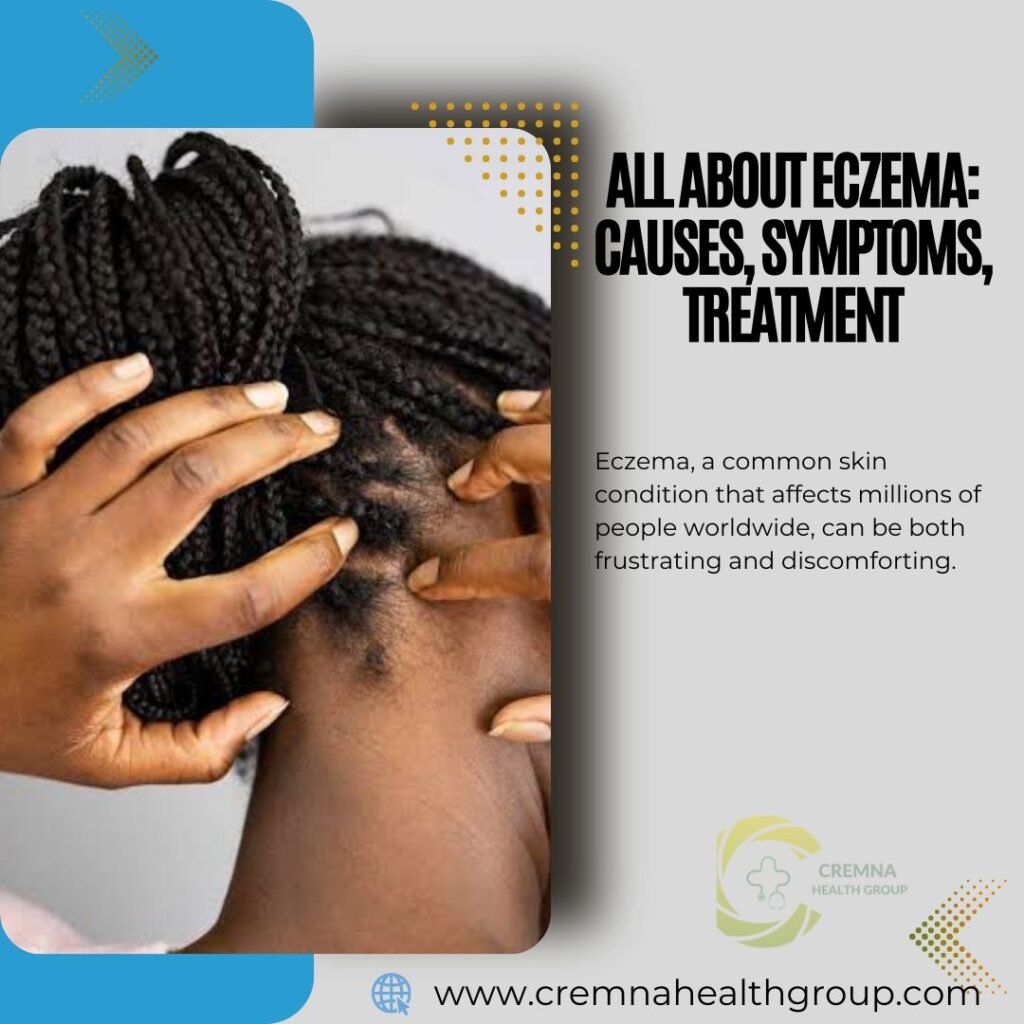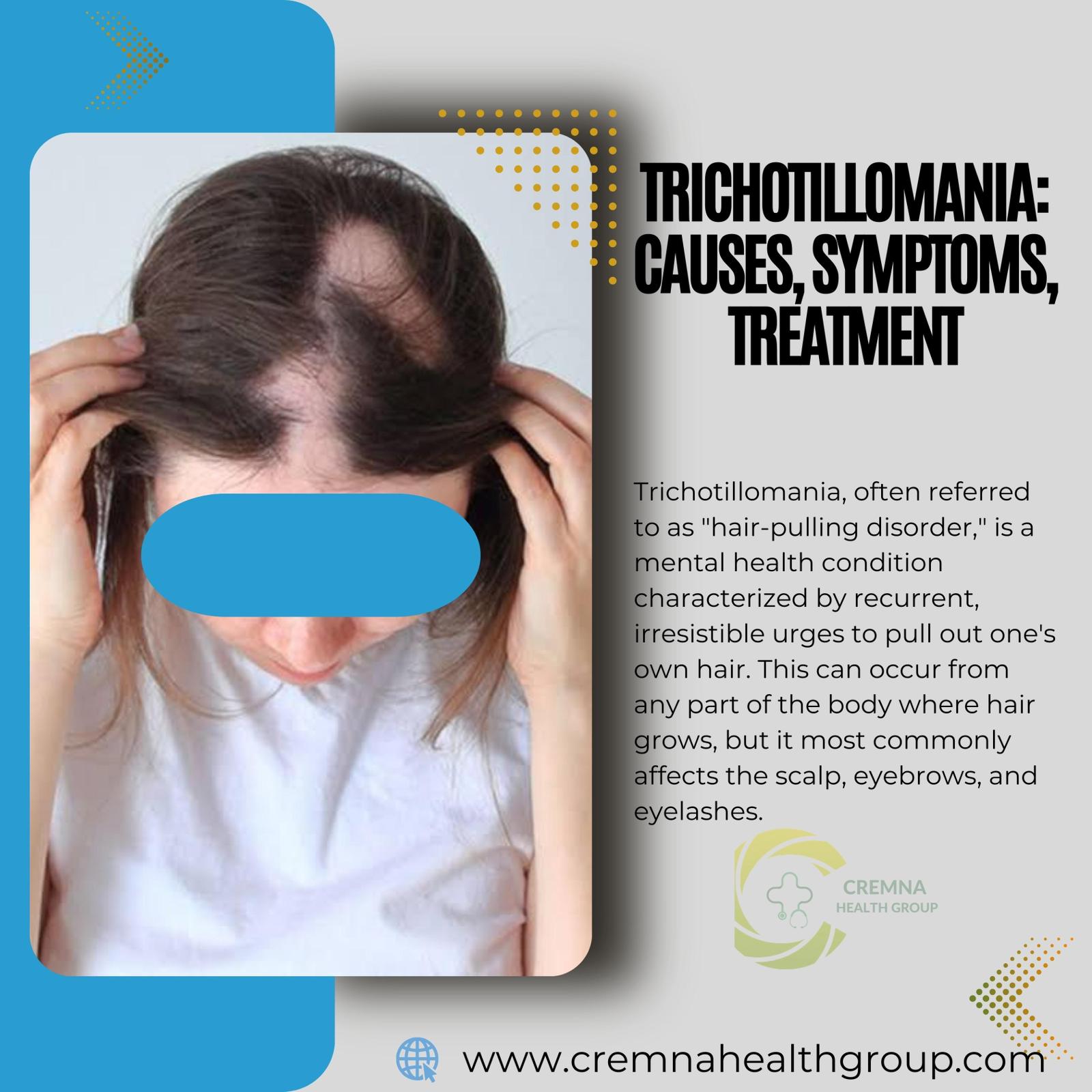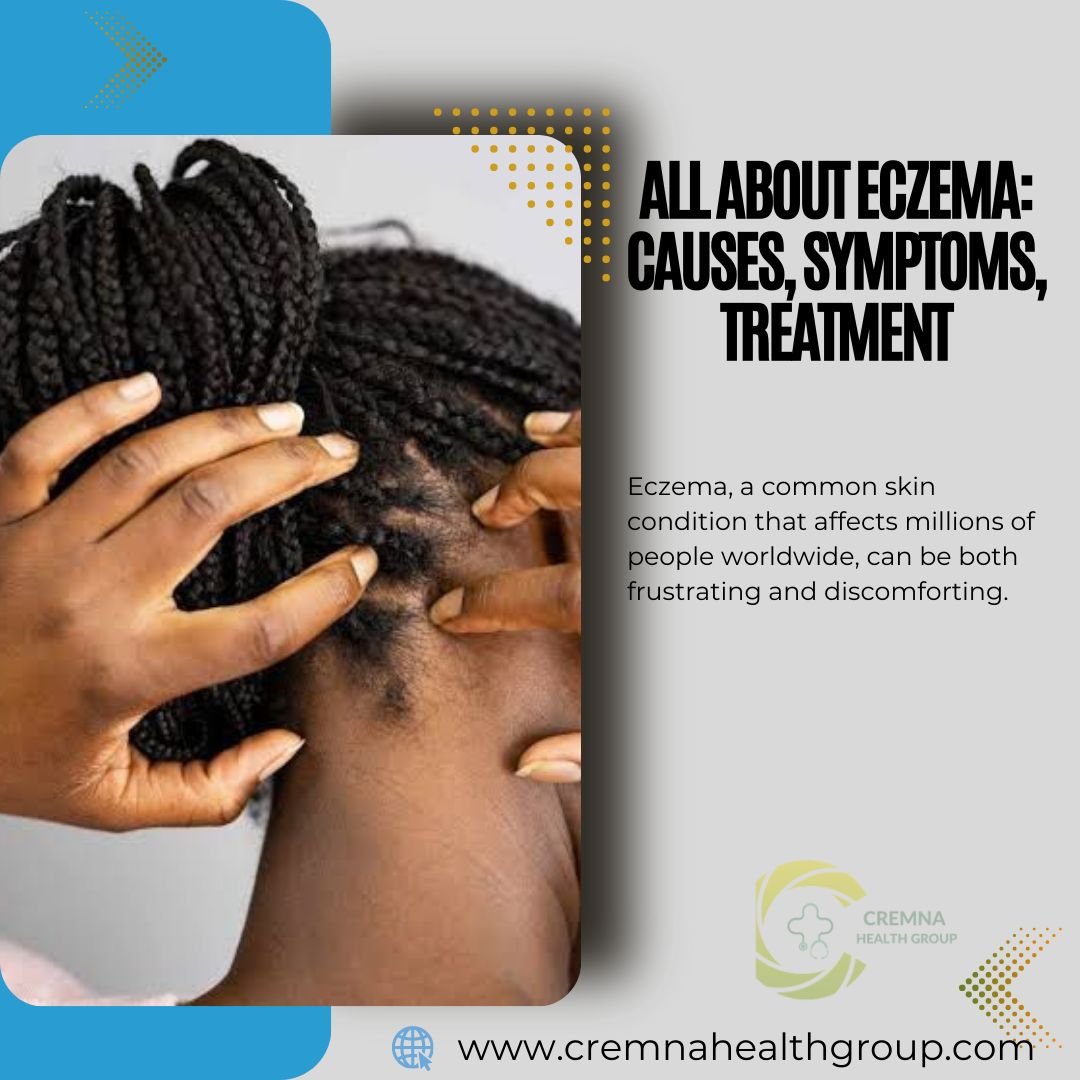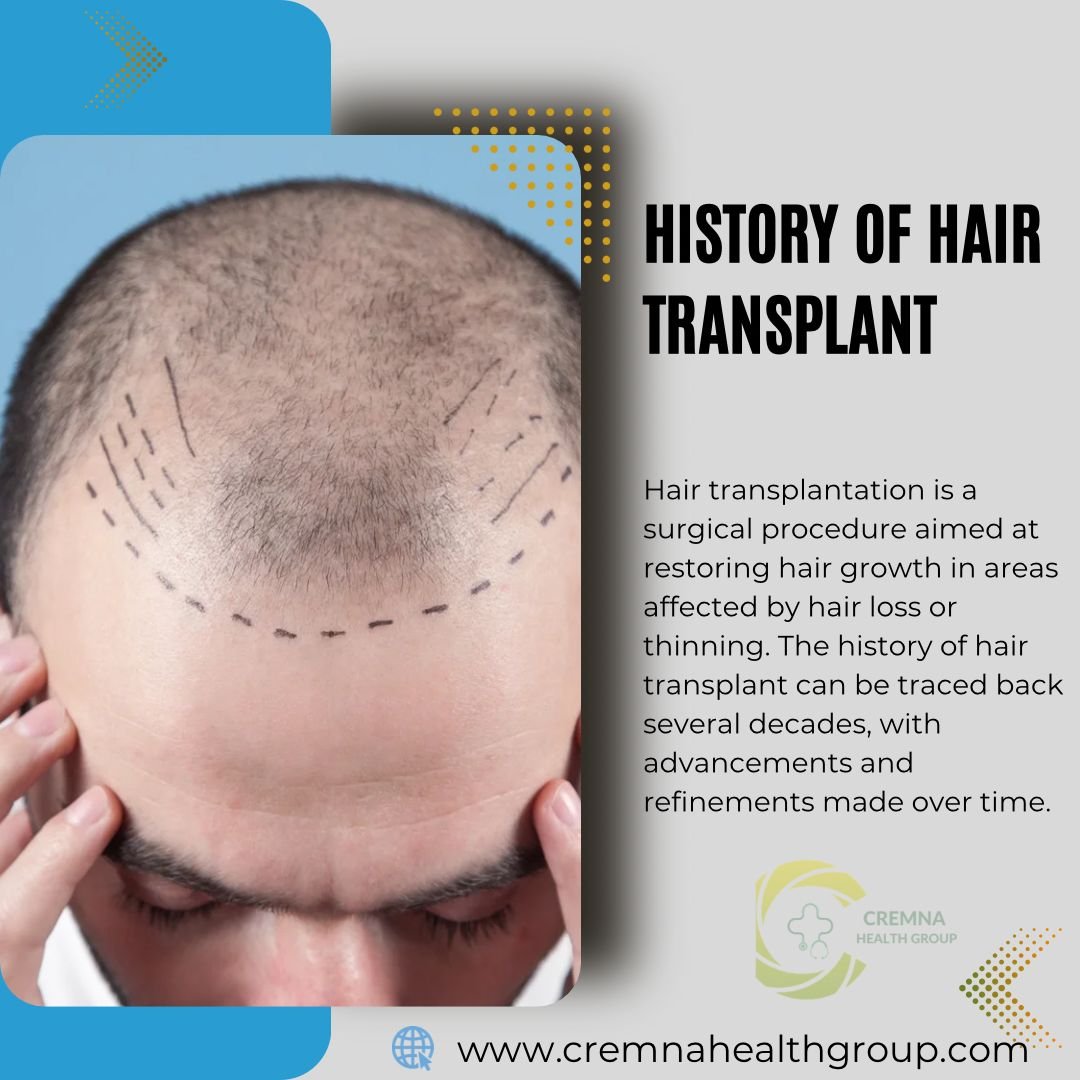Table of Contents

Introduction:
Eczema, a common skin condition that affects millions of people worldwide, Eczema can be both frustrating and discomforting. Understanding its causes, identifying symptoms, and exploring effective treatments can provide much-needed relief. In this comprehensive guide, we will delve into the world of eczema, discussing dermatologist-approved tips, eczema-friendly diets, secrets for smooth skin, natural healing methods, speedy recovery, and specialized treatments for hair and eyelid eczema
Eczema Tips That Dermatologists By
Living with eczema can be challenging, but dermatologists have devised several ingenious hacks to help manage the condition and alleviate symptoms.
These include:
Hydration: Keeping your skin moisturized with emollients or ointments is crucial. Opt for fragrance-free, hypoallergenic products.
Cool Compresses: Applying cold, damp cloths to affected areas can help reduce itching and inflammation.
Cotton Clothing: Wear breathable, cotton-based fabrics to avoid irritation.
Gentle Cleansing: Use mild, non-soap cleansers to cleanse your skin without aggravating eczema.
Stress Management: Stress can trigger flare-ups. Practice relaxation techniques like yoga or meditation.
Avoiding Irritants: Identify and eliminate triggers like harsh detergents, fragrances, or allergens from your environment.
Eczema-Friendly Diet: Foods to Eat and Avoid for Skin Health
Your diet plays a significant role in managing eczema. Incorporating eczema-friendly foods while avoiding triggers can make a positive difference:
Foods to Eat: Omega-3 fatty acids found in fatty fish (salmon, mackerel) can help reduce inflammation. Antioxidant-rich fruits and vegetables (berries, spinach) support skin health.
Hydration: Drink plenty of water to keep your skin hydrated from the inside out.
Foods to Avoid: Dairy, gluten, and processed foods might exacerbate symptoms in some individuals. Identify your triggers through an elimination diet.
Smooth Skin Secrets: How to Combat Eczema Effectively
Achieving smooth skin despite eczema requires a holistic approach:
Skincare Routine: Establish a consistent skincare routine that includes gentle cleansing, moisturizing, and sun protection.
Topical Treatments: Consult a dermatologist for prescribed corticosteroids or immunomodulators for flare-ups.
Natural Remedies: Oatmeal baths, coconut oil, and chamomile can provide relief. Patch tests are recommended before using any new remedy.
How Can I Heal My Eczema Naturally?
For those seeking natural alternatives, consider the following:
Eczema-Friendly Lifestyle: Manage stress through relaxation techniques, exercise, and sufficient sleep.
Dietary Modifications: Incorporate anti-inflammatory foods and stay hydrated.
Identify Triggers: Keep a diary to identify triggers and allergens that worsen your eczema.
Natural Moisturizers: Coconut oil, shea butter, and aloe vera can help maintain skin hydration.
Consult a Professional: Consult a dermatologist before making significant changes to your routine.
Is There Any Way to Heal Eczema Fast?
While quick fixes are challenging, these steps might help expedite recovery:
Prescribed Medications: Dermatologists might prescribe stronger topical corticosteroids or oral medications for severe flare-ups.
Avoid Scratching: Scratching worsens symptoms. Keep nails short and consider using gloves at night.
Moisturize Intensively: Apply moisturizer immediately after bathing to lock in moisture.
Cool Compresses: Apply cold, damp cloths to relieve itching and inflammation.
Hair Eczema Treatment
Eczema can affect the scalp, leading to discomfort and visible flakes. Here’s how to address it:
Gentle Shampoo: Use a mild, fragrance-free shampoo designed for sensitive scalps.
Avoid Irritants: Steer clear of hair products containing alcohol or strong fragrances.
Regular Washing: Wash your hair regularly to prevent buildup of sweat, oil, and skin cells.
Consult a Dermatologist: If symptoms persist, seek professional advice.
Eyelid Eczema Treatment
Eczema on the eyelids requires special care due to the delicate skin. Consider these tips:
Avoid Irritants: Refrain from using makeup or skincare products that may exacerbate symptoms.
Cool Compresses: Apply cool compresses to alleviate itching and inflammation.
Prescribed Treatments: Consult an ophthalmologist for safe, prescribed treatments in the eye area.
In conclusion, managing eczema involves a combination of effective strategies, from dermatologist-approved tips to eczema-friendly diets, skincare routines, and specialized treatments for specific areas. While natural healing takes time and patience, consulting professionals for severe cases can lead to faster recovery. Remember, every individual’s journey with eczema is unique, so finding what works best for you is essential for achieving skin health and relief.
By understanding the causes and treatments of eczema, individuals can take control of their skin health and embark on a path to smoother, more comfortable living. If you suspect you have eczema, consulting a medical professional is advised to receive accurate diagnosis and personalized treatment recommendations.
Get in touch
Have other questions?
Email us
Cremnahealthgroup@gmail.com
Call us
+905455419206
Location
10 / Sirinyali Cd. Muratapasa Antalya, Turkey






